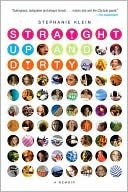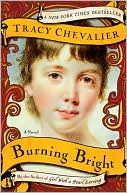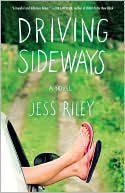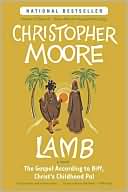
Straight Up & Dirty, Stephanie Klein
Girl crush, right here, my friends. I want to buy this woman a drink and maybe kiss her goodnight.
Klein's candid and almost uncomfortably honest account of getting through and over her divorce is one of the best reads I've had in a long time. When dating a bevy of men ("a pair and a spare") proves unsuccessful, Klein undergoes an at times painful journey of self-discovery that hit close to home in a way I've never encountered through the written word.
I'm finding that memoir is becoming far more riveting to me than fiction--had this book been fashioned about a character, invented inside the mind of a writer, it would have been good, probably great. But the fact that, as I'm reading it, I am constantly aware of the fact that this is a real, flesh and blood woman, sharing her real flesh and blood experience, it makes the act of reading the words a form of communication one just doesn't get with a novel. She could have easily created a character and written a "semi-autobiographical" account of a woman struggling to find herself, "loosely" based on her own life. But the rawness of memoir, especially this one, makes the story that much more alive. This is not a character, but a real woman, one who you might walk by on the side walk, or sit next to at a bar. And she lived this.
Not that it's an extraordinary or unusual experience she's gone through. When I was the age she is in this memoir, I went through a similar sort of experience, although it wasn't as messy as divorce. I went through a similar journey to find a sense of satisfaction, contentment and peace in my life. I knew other women had to have gone through it, too; I knew I was not unique in my grief and in the transformation I went through. But I've never read it before. Never seen it put out there so eloquently and beautifully.
Reading Straight Up & Dirty took me back to that time in my own life, to both the pain of loss and the elation of self-discovery and self-reliance. Tonight as I absorb the last bits of the book into my consciousness, I am so grateful to have picked up the book and to have not only read Stephanie's story, but to have reminded myself of my own journey to the woman I am today.







